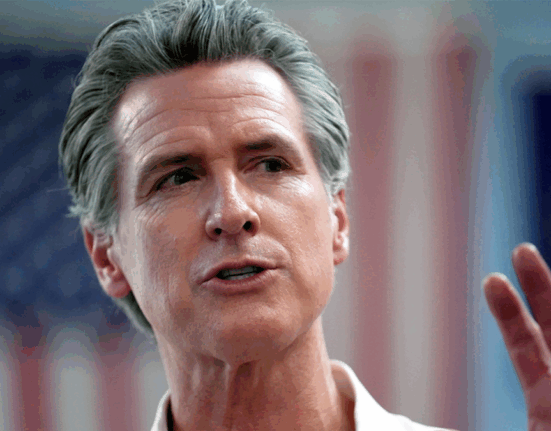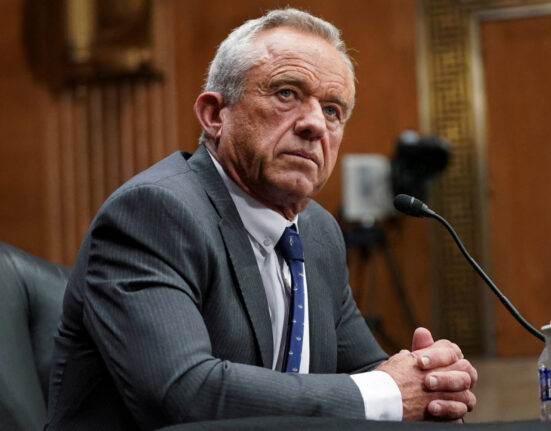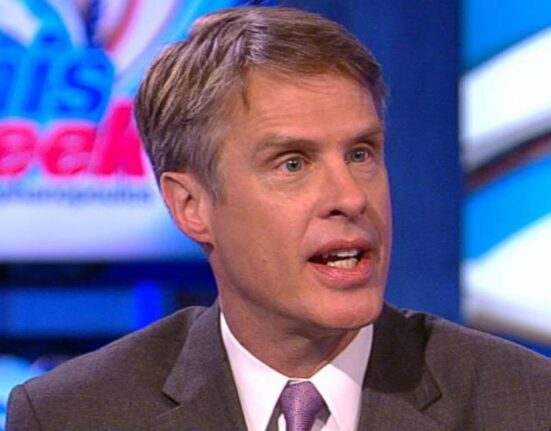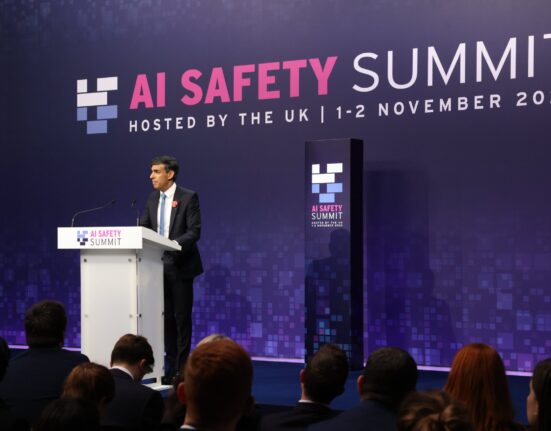In the hallowed halls of power at the U.S. State Department, Secretary of State Marco Rubio engaged in a crucial meeting with German Foreign Minister Johann Wadephul. Their discourse echoed across the corridors, raising eyebrows and sparking debates far beyond Washington.
The echoes reverberated through the diplomatic world as the Trump administration dared to question the steadfast commitment of Western European allies to democratic principles underpinning free speech and other fundamental rights. This bold move unfolded against a backdrop where President Donald Trump had vowed to pivot away from admonishing foreign nations, opting for a softer stance towards autocratic regimes worldwide.
As seasoned journalists Adam Taylor and Meg Kelly delved into this unprecedented development, they uncovered a seismic shift in America’s foreign policy landscape. The once-sturdy foundation of transatlantic relations quivered as U.S. officials embarked on an uncharted course, drawing attention to what they deemed as troubling trends in Europe’s treatment of essential freedoms.
“We are witnessing a significant reorientation in our diplomatic priorities,”
remarked an unnamed senior official within the State Department, encapsulating the gravity of their mission.
Amidst this diplomatic upheaval, whispers emerged about plans swirling within the bureaucratic machinery – plans that would herald the birth of a specialized office singularly dedicated to safeguarding “natural rights.” This nascent entity sought to combat what officials ominously labeled as instances of “free speech backsliding” prevalent across European territories.
The narrative gained momentum when reports surfaced about an envoy dispatched by Washington to scrutinize the state of freedom of expression prevailing across these historic lands. The mere presence of such auditors sent shockwaves through diplomatic circles, prompting introspection among even staunch defenders of democracy regarding potential blind spots in their practices.
Secretary Marco Rubio seized every opportunity to amplify his concerns, publicly castigating select European dignitaries accused by him of orchestrating campaigns aimed at stifling American voices through stringent oversight on social media interactions. His vocal condemnation added fuel to an already raging debate while underscoring simmering tensions between traditional allies now seemingly at odds over core values.
“The essence of democracy lies not just in our actions but equally in our words.”
These poignant words uttered by Rubio during a press conference underscored his unwavering commitment to upholding democratic ideals even if it meant ruffling feathers among longstanding partners across the Atlantic.
Online forums lit up with impassioned responses from readers dissecting every word emanating from this unfolding saga. Critiques flooded cyberspace, lambasting the administration’s fixation on “natural rights” and its overt censure towards Europe’s handling of free speech and democratic norms. Many commentators drew parallels between these criticisms and perceived inconsistencies arising from Washington’s own policies—a reflection perhaps on how complexities inherent in global diplomacy can often blur lines between advocacy and action.
In today’s fast-paced world where headlines flash by in an instant, events like these serve as poignant reminders that beneath lofty political rhetoric lie tangible implications impacting lives far beyond conference rooms and summits. As policymakers navigate intricate geopolitical landscapes shaped by diverging ideologies, one thing remains clear: conversations sparked within echoing chambers may well set ablaze narratives that reverberate around the globe for years to come.









Leave feedback about this